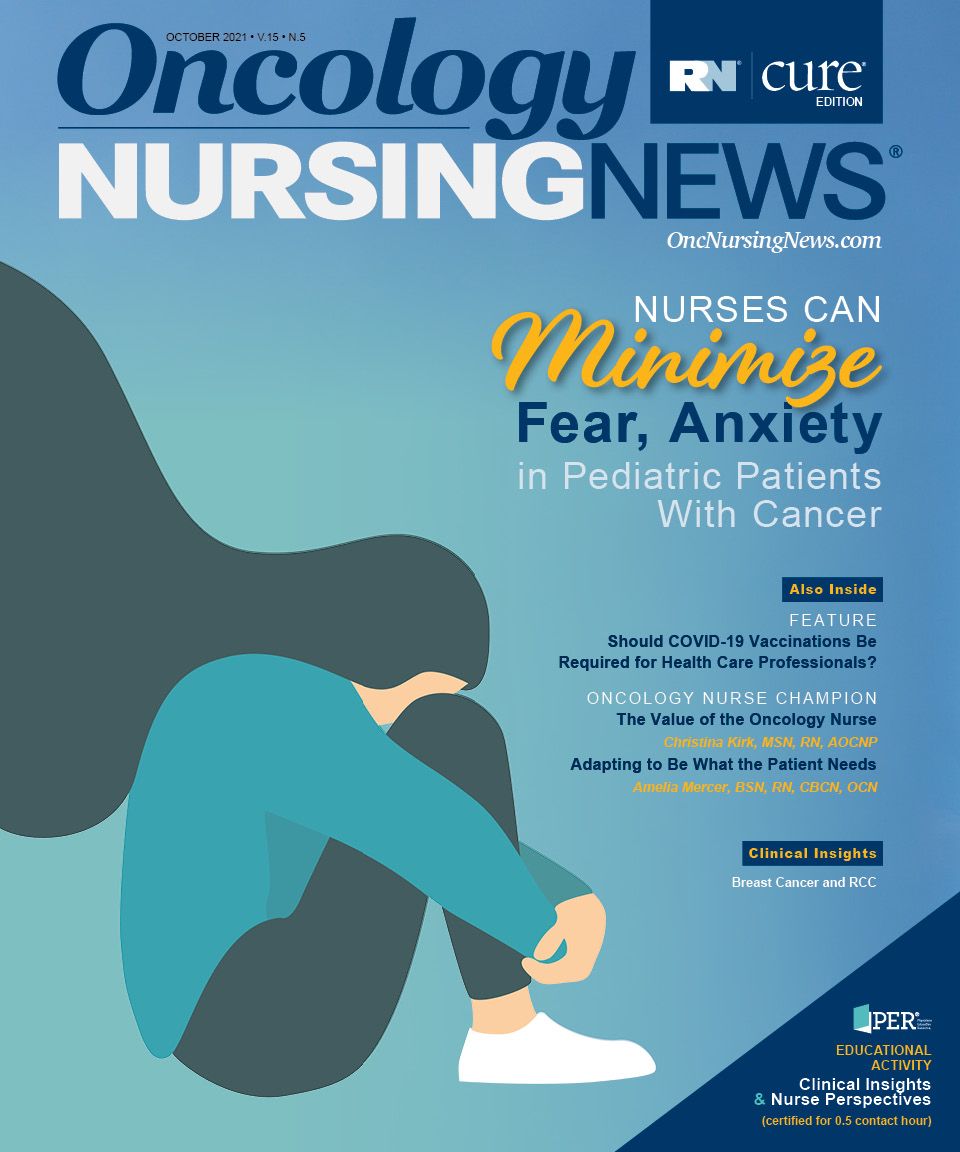Should COVID-19 Vaccinations Be Required for Health Care Professionals?
“Although information and persuasion worked for many and incentives worked for a few, we still have a huge number of Americans unvaccinated" - Arthur Caplan, PhD, Drs William F. and Virginia Connolly Mitty Professor of Bioethics, NYU Grossman School of Medicine.
In a June 12 ruling, a US district judge in Texas rejected a lawsuit filed by 117 Houston Methodist Hospital employees after they were placed on unpaid leave for refusing the hospital-mandated COVID-19 vaccination.1 The judge, in support of the hospital, cited a 1905 US Supreme Court case that ruled a Massachusetts mandate requiring residents be vaccinated against smallpox was justified to protect public health.
The Texas case, recent FDA approval of the Pfizer vaccine, and emergence of the Delta variant helped pave the way for health care organizations throughout the country to require proof of COVID-19 vaccination as a condition of employment.
Many states are now requiring COVID-19 vaccination for state employees and facilities, and hospitals, colleges, and industries around the country are rapidly following suit.2 Employees are expected to be fully vaccinated or obtain an exemption by an established deadline to avoid job termination. Although some organizations, in lieu of vaccination, offer regular testing or other interventions for reluctant employees, others do not.
In May, Montana Governor Greg Gianforte signed House Bill 702 into law; with certain exceptions and exemptions, it protects an individual’s vaccination status, prohibits employers from requiring disclosure of status, and bars vaccination mandates and passports.3 Arizona Governor Doug Ducey recently signed Executive Order 2021-18, which prohibits vaccine mandates and requires employers to pay out earned sick time for employees affected by COVID-19.4
With no national consensus in place, state and local governments, businesses, corporations, and health care organizations are left to adopt or adapt CDC recommendations, develop their own policies based on unique factors, or take a wait-and-see approach. Yet, as the pandemic continues its scourge across the globe and the push for vaccination (and booster shots) intensifies, implications of requiring (or not requiring) health care professionals to get vaccinated against COVID-19 warrant attention.
Vaccine Mandates
To further explore this issue, Oncology Nursing News® recently spoke with Arthur Caplan PhD, the Drs William F. and Virginia Connolly Mitty Professor of Bioethics in the Department of Population Health and founding director of the Division of Medical Ethics at NYU Grossman School of Medicine in New York, New York. When asked about his perspective on the vaccine mandates, Caplan said, “Although information and persuasion worked for many and incentives worked for a few, we still have a huge number of Americans unvaccinated.” He added, “We can’t afford to do that in a plague.”
Caplan believes mandates are needed to bring about the kind of coverage to not only get the health system out of the woods in terms of being overburdened with patients, but also to try to control the emergence of new variants in the US.
Yet health care workers who followed the rules, wore masks, and received their vaccinations are now told they must mask up, could still get infected, and could even transmit the virus to others.
Caplan says he understands the frustration resulting from mixed messaging. “The experts did not understand what the vaccine would do, which has led to doubt,” he said. “They still don’t know where the virus came from.” He wants health care workers to remember that the vaccine doesn’t kill the virus but that it works pretty well to keep people alive.
By the Numbers
Although he doesn’t deny the existence of reasons to be resistant about getting the COVID-19 vaccine—such as its effect on fertility or lack of long-term information or data—Caplan says he believes the vaccines are safe.
The Year 1 COVID-19 Impact Assessment survey conducted by the American Nurses Foundation concluded that only 48% of respondents had received both doses of a COVID-19 vaccine. Of the 30% of nurse respondents who reported that they had not received the vaccine, 34% reported that they intended to receive the vaccine in the near future, 28% reported that they did not intend to receive the vaccine, and 25% were still undecided.5
For nurses who were undecided or not in favor of receiving the vaccine, 66% cited a fear of short- or long-term adverse effects as their primary reason. Other common responses were a fear that vaccine development occurred too quickly and that not enough information was made available regarding safety, adverse effects, and administration.
Noting that vaccination opposition in general has been around a long time, Caplan wants health care workers to keep in mind that “while we are throwing out vaccines because so many won’t take them, people around the world are waiting. People who would love to have them.”
Ellen Rice Tichich, MFA, MSN, RN, NPD-BC is a freelance health writer and certified nursing professional development practitioner.
References
Vestal C. Hospitals start requiring workers to get COVID shots. Pew. Accessed August 30, 2021. https://www.pewtrusts.org/en/research-and-analysis/blogs/stateline/2021/06/21/hospitals-start-requiring-workers-to-get-covid-shots.

Innovative Program Reduces Nurse Turnover and Fosters Development
Published: September 12th 2024 | Updated: September 12th 2024The US Oncology Network (The Network) has developed one of the most comprehensive programs in the nation to support the professional development and retention of new oncology nurses.


